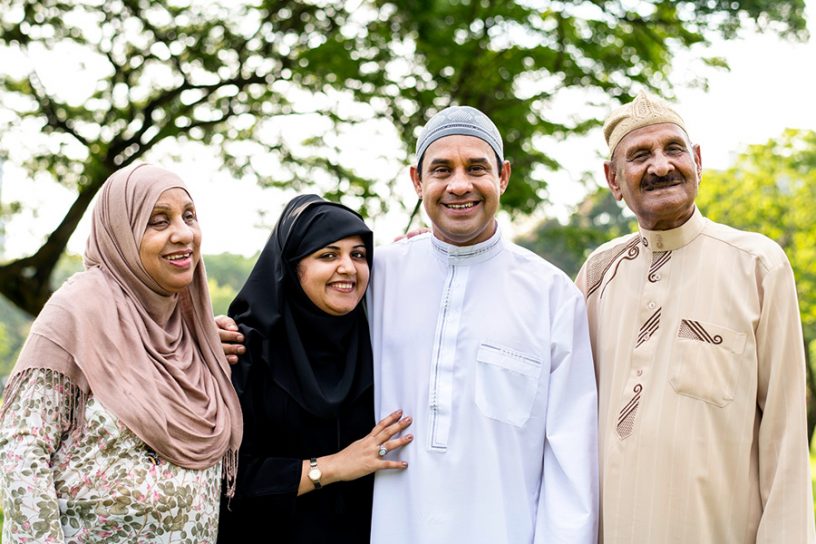
Within the realm of Indian politics, certain factions of the left-liberal spectrum have perpetuated misleading narratives that suggest India is not a safe place for Muslims. These assertions, often based on selective incidents and biased interpretations, do a disservice to the harmonious coexistence and religious diversity that characterise India.
Author
Zeba Zoariah, LL.B student, Jindal Global Law School, O.P Jindal Global University, Sonipat, Haryana, India.
Summary
Pakistan, a nation founded on the principles of the ‘Two-Nation Theory’, was envisioned as a sanctuary for adherents of Islam—a new state dedicated to safeguarding the political rights and interests of Muslims from British India. The creation of Pakistan as a nation with the aim of safeguarding Muslim interests, especially Muslim elite (Ashraf) interests, encountered a tragic irony as internal conflicts led to severe atrocities against Muslims themselves.
Mohammad Ali Jinnah, address to the Constituent Assembly, 11 August 1947:
“You are free: you are free to go to your temples, you are free to go to your mosques or to any other places of worship in the State of Pakistan. You may belong to any religion, caste or creed-that has nothing to do with the business of the State… We are starting with this fundamental principle: That we are all citizens and equal citizens of one State. Now I think we should keep that in front of us as our ideal and you will find that in course of time Hindus would cease to be Hindus and Muslims would cease to be Muslims, not so in the religious sense because that is the personal faith of each individual, but in the political sense as a citizen of the State.”
The initial vision for Pakistan during the partition differed greatly from its current state. It aimed to be an inclusive nation, granting equal rights to all citizens irrespective of their caste, creed, or religion while respecting their religious beliefs. However, Pakistan has struggled to uphold these ideals, failing to provide equal treatment, and falling short of its founding principles.
Simultaneously, in a remarkable contrast, India, accused of Hindu bias towards Muslims and denying them fair representation, established itself as a nation that embraces the equality of all Muslims, irrespective of their sectarian affiliations granting them the freedom to voice their opinions and lead secure lives.
Published in: Firstpost
To read the full article, please click here.


